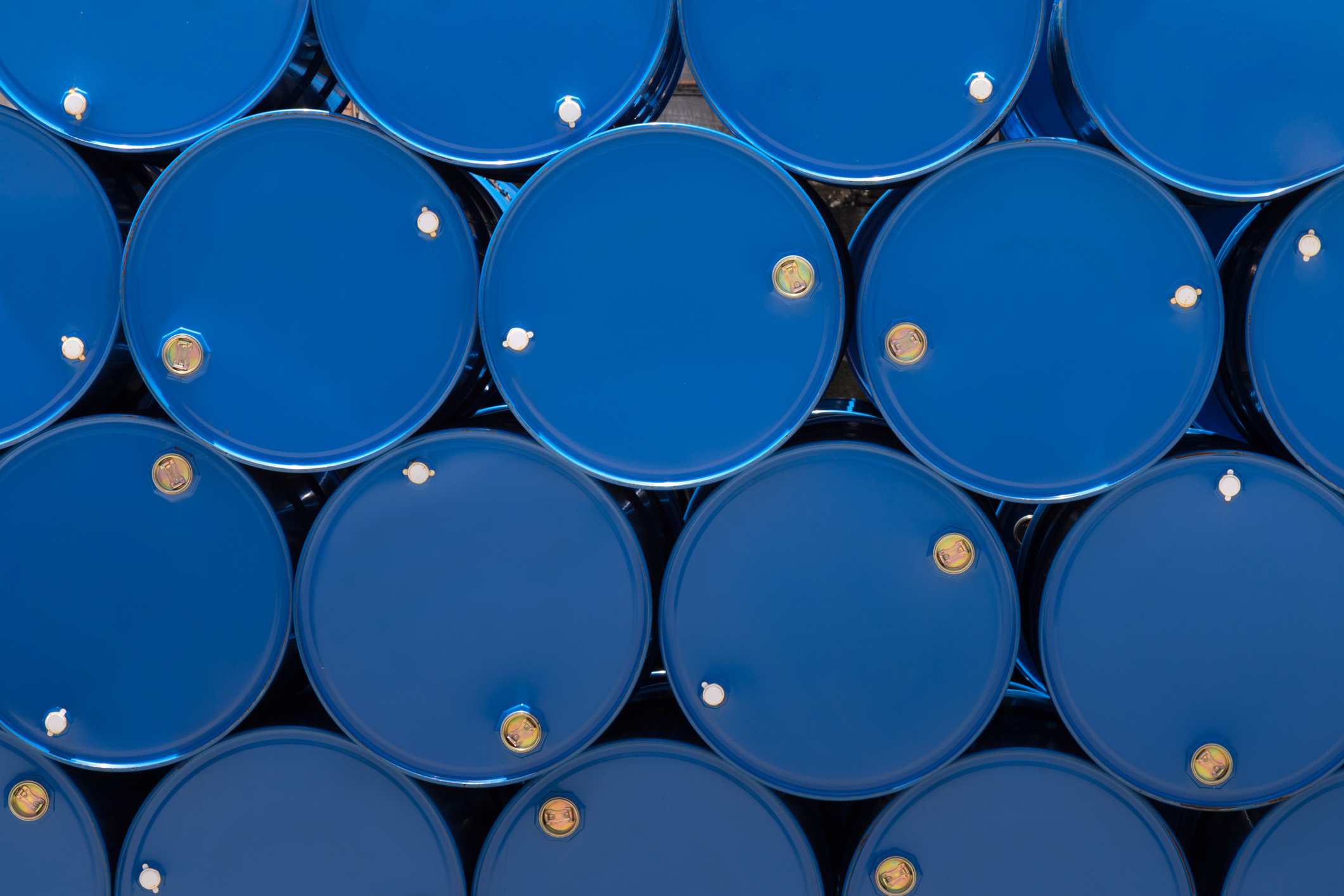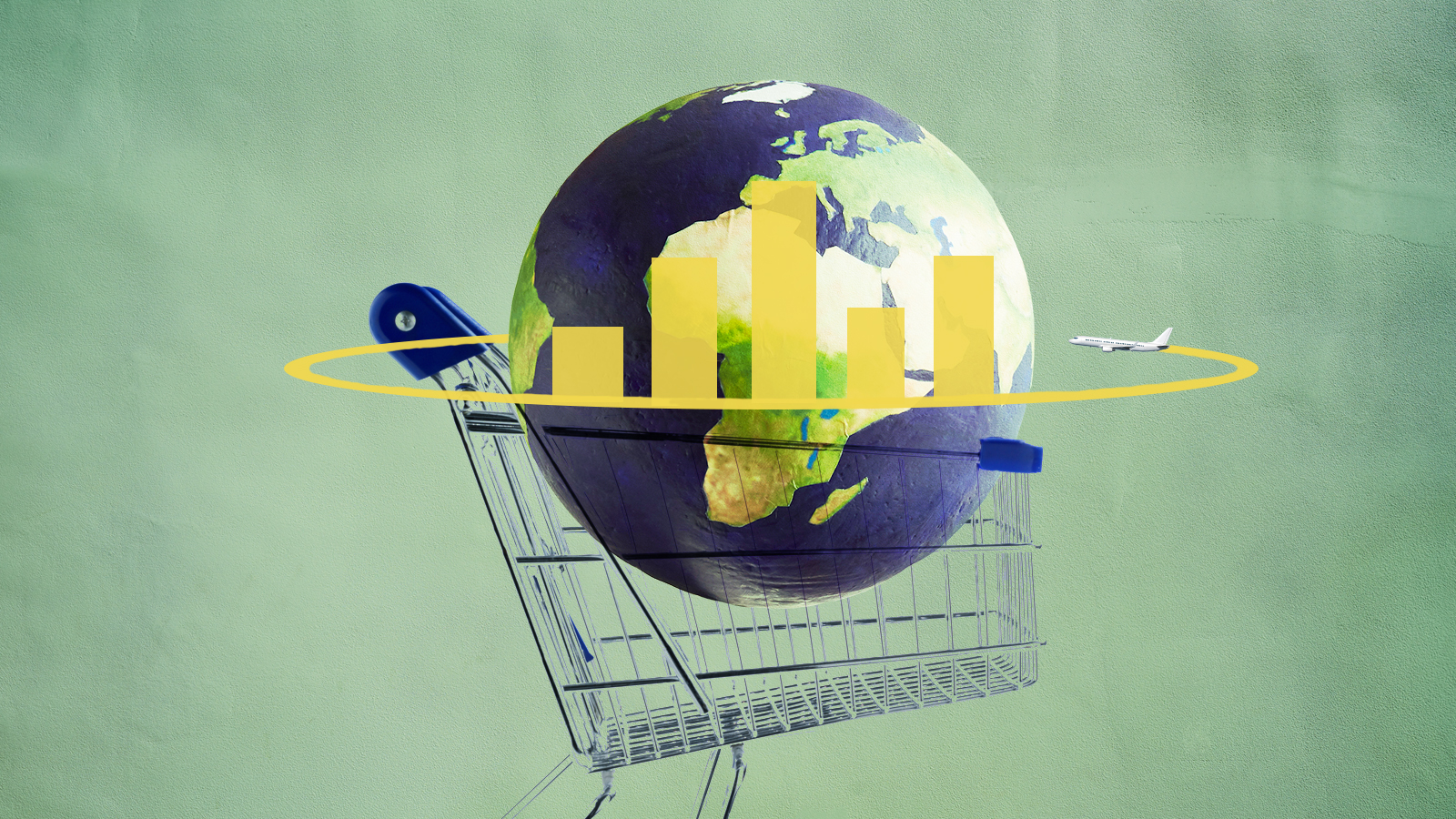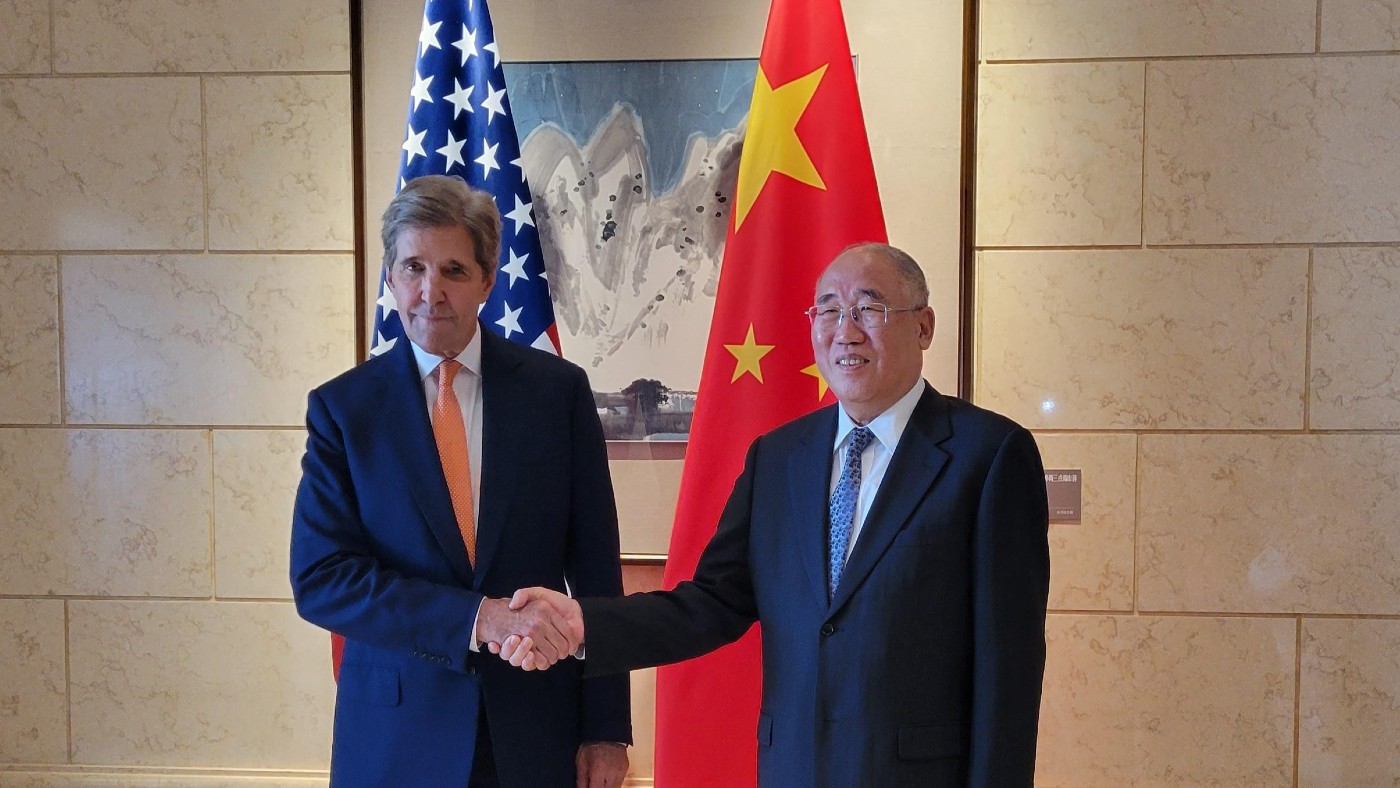What is OPEC and how does it affect oil prices?
Everything you need to know about the influential organization and its rocky relationship with the United States


A free daily email with the biggest news stories of the day – and the best features from TheWeek.com
You are now subscribed
Your newsletter sign-up was successful
Oil prices saw a big surge after OPEC recently announced a slate of production cuts "aimed at supporting the stability of the oil market." But what exactly is OPEC, why is it so influential, and how does it affect the price of gas around the world? Here's everything you need to know:
What is OPEC?
OPEC, or the Organization of the Petroleum Exporting Countries, serves as an organizing body of the world's largest producers of oil. Its purpose, per its website, is to "coordinate and unify the petroleum policies of its member countries and ensure the stabilization of oil markets in order to secure an efficient, economic, and regular supply of petroleum to consumers." It was founded in 1960 and is currently made up of 13 nations: Algeria, Angola, Congo, Equatorial Guinea, Gabon, Iran, Iraq, Kuwait, Libya, Nigeria, Saudi Arabia, the United Arab Emirates, and Venezuela.
The organization also helms an even larger petroleum coalition known as OPEC+. This group consists of the 13 member states of OPEC, plus 11 non-member states such as Russia, Oman, and Kazakhstan, which also produce oil.
The Week
Escape your echo chamber. Get the facts behind the news, plus analysis from multiple perspectives.

Sign up for The Week's Free Newsletters
From our morning news briefing to a weekly Good News Newsletter, get the best of The Week delivered directly to your inbox.
From our morning news briefing to a weekly Good News Newsletter, get the best of The Week delivered directly to your inbox.
OPEC nations produce anywhere from 30 to 40 percent of the world's petroleum, according to the most recent data. Of that, Saudi Arabia is the single largest producer, releasing an estimated 10 million barrels per day, BBC News reports.
How does OPEC affect gas prices?
As a result of OPEC controlling so much of the supply and demand of petroleum, "its decisions influence global prices. Its members meet regularly to coordinate how much crude oil to sell collectively on global markets," says the World Economic Forum. These decisions can cause a significant shift in the price of gas, depending on how much petroleum from OPEC nations is on hand at any given time.
OPEC+ in particular is able to tailor "supply and demand to balance the market," Kate Dourian of the Arab Gulf States Institute in Washington, D.C., told BBC News. Indeed, the organization can "keep prices high by lowering supplies when the demand for oil slumps," she said.
"OPEC+ member countries collectively agree on how much oil to produce, which directly affects the ready supply of crude oil in the global market at any given time," Investopedia, which examined the organization's influence in more detail, reports. OPEC naturally keeps the market price of oil high in order to maximize its profits, as was seen when the organization slashed production in early April to just 3.7 percent of the global demand, Reuters notes. This caused the price per barrel to hit $85, a six-percent bump.
A free daily email with the biggest news stories of the day – and the best features from TheWeek.com
However, while the law of supply and demand is a basic principle of economics, "no individual country actually wants to reduce [petroleum] supply, as this would mean reduced revenue," Investopedia continues. Rather, OPEC would prefer the price of oil rises as supply increases, though "that is not how market dynamics work," and any cut in production typically causes an immediate price hike.
What is the United States' relationship with OPEC?
In summary: not great. Since the 1970s, "OPEC has often had a rocky relationship with the United States," the Council on Foreign Relations (CFR) reports. This is partially due to the fact that most American presidents have pushed for more energy independence, albeit not very successfully (the U.S. continues to heavily rely on foreign oil, CNN notes).
The Biden administration in particular has championed renewable energy and a shift away from fossil fuels as a necessity — though Biden himself said during the 2023 State of the Union that the United States "was still going to need oil and gas for a while."
Under the impression it may soon be rendered obsolete, OPEC has had its back-and-forths in recent years with the United States. Former President Donald Trump, for example, called OPEC "a monopoly" and demanded a reduction in prices. Biden has similarly blamed the organization for not producing oil fast enough to drive down costs, and Congress has threatened potential antitrust lawsuits against OPEC. Given Biden's admission that oil will be needed for the foreseeable future, though, it seems that the American relationship with OPEC, at least for now, will continue.
Justin Klawans has worked as a staff writer at The Week since 2022. He began his career covering local news before joining Newsweek as a breaking news reporter, where he wrote about politics, national and global affairs, business, crime, sports, film, television and other news. Justin has also freelanced for outlets including Collider and United Press International.
-
 The Gallivant: style and charm steps from Camber Sands
The Gallivant: style and charm steps from Camber SandsThe Week Recommends Nestled behind the dunes, this luxury hotel is a great place to hunker down and get cosy
-
 The President’s Cake: ‘sweet tragedy’ about a little girl on a baking mission in Iraq
The President’s Cake: ‘sweet tragedy’ about a little girl on a baking mission in IraqThe Week Recommends Charming debut from Hasan Hadi is filled with ‘vivid characters’
-
 Kia EV4: a ‘terrifically comfy’ electric car
Kia EV4: a ‘terrifically comfy’ electric carThe Week Recommends The family-friendly vehicle has ‘plush seats’ and generous space
-
 Woman accidentally puts nan in washing machine
Woman accidentally puts nan in washing machineTall Tales And other stories from the stranger side of life
-
 Bangladesh dealing with worst dengue fever outbreak on record
Bangladesh dealing with worst dengue fever outbreak on recordSpeed Read
-
 Glacial outburst flooding in Juneau destroys homes
Glacial outburst flooding in Juneau destroys homesSpeed Read
-
 Is the 'vibecession' over?
Is the 'vibecession' over?Speed Read The IMF reported that the global economy is looking increasingly resilient. Is it time to start celebrating?
-
 The U.S. veterinarian shortage crisis
The U.S. veterinarian shortage crisisSpeed Read With an anticipated shortage of 15,000 vets by 2030, it will be harder to get care for pets
-
 John Kerry in Beijing: how red China is turning green
John Kerry in Beijing: how red China is turning greenfeature Climate talks set to resume between Washington and Beijing this week
-
 Inside Russia's war crimes
Inside Russia's war crimesSpeed Read Occupying forces in Ukraine are accused of horrific atrocities. Can they be held accountable?
-
 Study: Nearly 62,000 people died in 2022 European heatwave
Study: Nearly 62,000 people died in 2022 European heatwaveSpeed Read
